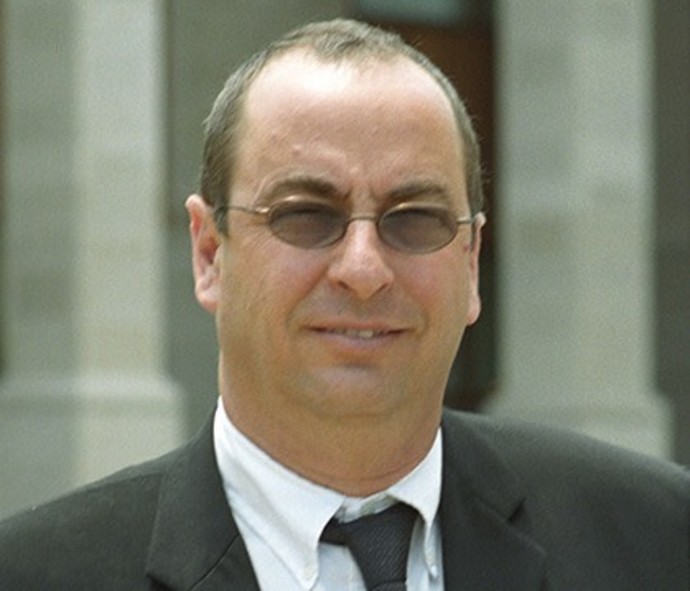We live in a whole new world of green energy, big data, artificial intelligence and a number of frightening challenges to democracy and world security. But academia, the main engine to help us meet the extraordinary challenges we face, is still in the station, comfortably going over maintenance checks of its systems and shiny parts to ready them for the ride.
Ten years ago, all train systems around the globe introduced fast electric trains. Like those wonderful trains, we need to unleash academia to go faster and further because we really need its output to guide us through these extraordinary times.
The start-up nation we live in is going through a very healthy makeover from start-up to build-up. No longer are quick new ideas sold to venture capitalists overseas. The new Israeli entrepreneurs build and develop unicorns at home. This has made Israel an empire of cyber, food-tech, agro-tech and so much more. It is time to make the same move in Israeli academia.

For too long, the model of Israeli academia was the start-up model: grow the best minds to send them abroad to make the difference at Harvard, Princeton, LSE or EUI. The Faculty of Social Sciences at TAU is reversing the model from start-up to build-up. Instead of sending our top students to the U.S. or Europe, we train them here with the best and most influential scholars on the face of the globe, recruiting those top all-star academic players to help us here.
In line with this vision of bringing the world to Israel, the faculty of social sciences at TAU is inaugurating this week the International Graduate School of Social Sciences, or IGS3 for short. At the core of this new school is a simple idea: ‘yes, we can!’ The IGS3 will double the number of international students studying at TAU, develop new international graduate programs and host more international research students. We already have ten world-renowned scholars who have agreed to support and be a part of the IGS3 activities, with more such recruits to come.
The IGS3 is launching a unique excellence program, which will pick the best students in our 4,000-strong undergraduate programs and give them the best conditions to flourish as Ph.D. students. It starts by being very picky. Every year, the faculty celebrates its 100 top students on the Dean’s list. This is the 2% of the top. US Ph.D. programs usually recruit among the top 5%. After careful interviews and further admission criteria, we end up with 10-15 top students. With the quality students we have in the faculty of social sciences at TAU, choosing the 0.25% of the very best is bound to leave us with extraordinary potential future leaders and scholars.
We take those excellent students and give them a training environment that no one else has anywhere in the world. Full living stipends, top administrative assistance, and around-the-clock team members to help them get the best academic build-up any student can dream of.
To start, we combine the last year of the undergraduates with a one-year MA program taught in English featuring the best tech-based training in cyber, agro-tech, big data, artificial intelligence, climate change and the like. Thus, three years after setting foot at TAU, the student has earned a magnum cum laude in Social Sciences and a practical, tech-oriented MA in a very practical field of the 21st century. Then, inducted into the Ph.D. program of their dreams, students study with international scholars from Carnegie Mellon, NYU, Northwestern, Johns Hopkins, LSE or EUI.
Each student gets two or three Ph.D. advisors, one or two from our faculty and one or two from a top university. We simply recruit leading international scholars by offering them nothing more and nothing less than having the opportunity to work with the brightest Ph.D. students they dream of having. In addition, each one of our Ph.D. students spends one year of their Ph.D. program in residence in one of those top universities.
It all starts next week when Professor Paul Romer, Nobel Laureate in the Economic Sciences, comes to Tel Aviv to jump-start this outstanding program. Professor Romer is best fit to inaugurate this effort given his status as one of the most influential and brightest scholars of our time, but also because it was he who opened the gates to a new understanding of the role of human capital in economic growth. This program is precisely about human capital.
Prof. Itai Sened is Dean of the Gershon H. Gordon Faculty of Social Sciences, Tel Aviv University
